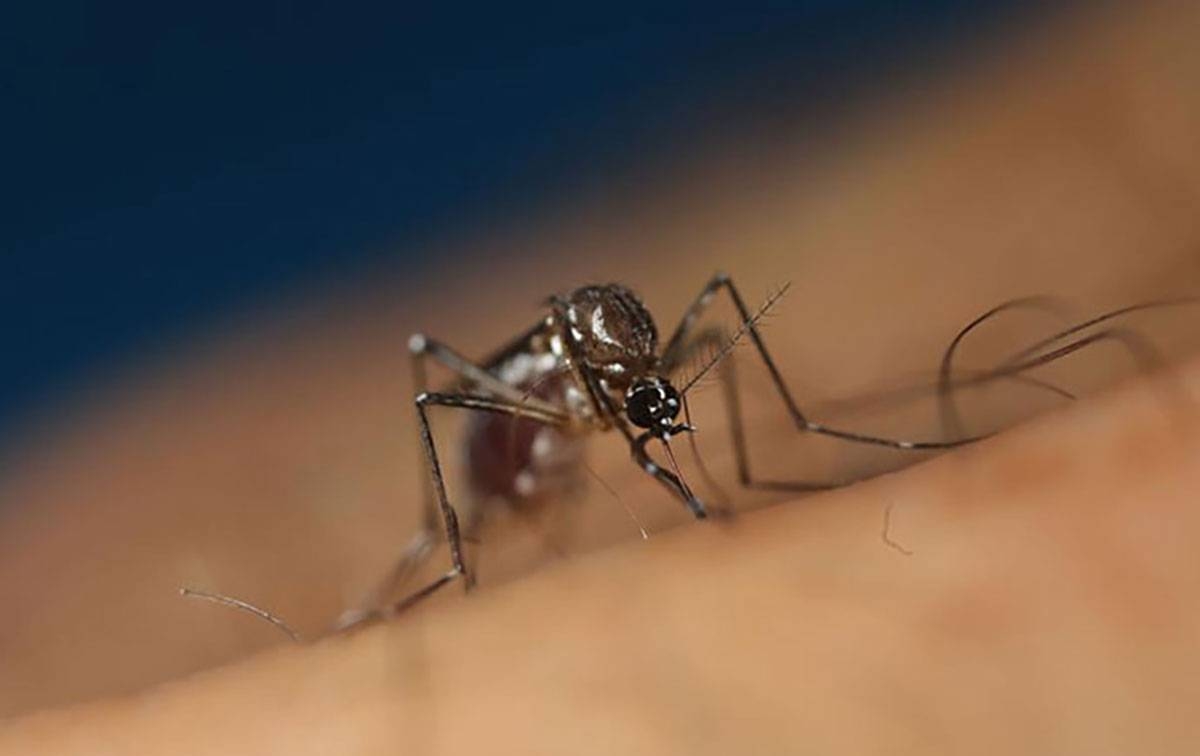The Department of Health (DoH) in the Philippines has reported a significant drop in dengue cases nationwide during the first two weeks of January 2024, compared to the last two weeks of December the previous year. According to the DoH, the number of cases decreased by 24.40 percent, from 7,274 cases recorded from December 17-31 to 5,572 cases reported from January 1-13.
In addition to the decline in cases, the DoH also noted that the fatality rate remained low. Only 14 deaths were reported during the period of January 1-13, resulting in a fatality rate of 0.25 percent of the total 5,572 recorded cases for the month. This is an encouraging sign, as dengue can be a life-threatening illness if not properly managed.
The decrease in dengue cases during a time when they typically increase, such as the rainy season, is an interesting development. The DoH attributes this decline to the current El Niño phenomenon, which has led families and establishments to store water. Stagnant water in uncovered containers becomes a breeding ground for mosquitoes, the carriers of dengue. By taking precautions such as covering and regularly cleaning water containers, individuals can help prevent mosquitoes from laying their eggs and reduce the risk of dengue transmission.
To further combat dengue, the DoH advises the public to follow the five S strategy: search and destroy mosquito breeding sites, use self-protection measures, seek early consultation, say yes to fogging in areas where necessary, and start and sustain hydration. These strategies are crucial in preventing the spread of dengue and minimizing its impact on individuals and communities.
The first step, searching and destroying mosquito breeding sites, involves identifying and eliminating any potential areas where mosquitoes can breed. This includes emptying and cleaning containers that collect water, such as flower pots, old tires, and gutters. By removing these breeding sites, individuals can significantly reduce the mosquito population in their surroundings.
Using self-protection measures is another essential aspect of dengue prevention. This includes wearing long sleeves and pants, especially during peak mosquito activity times, using mosquito repellent, and sleeping under mosquito nets. These simple yet effective measures can help reduce the risk of mosquito bites and subsequent dengue infection.
Seeking early consultation is crucial for prompt diagnosis and treatment of dengue. If individuals experience symptoms such as high fever, severe headache, joint and muscle pain, rash, or bleeding, they should seek medical attention immediately. Early detection and appropriate medical care can greatly improve the chances of recovery and prevent complications associated with dengue.
Fogging, a method of spraying insecticides to kill adult mosquitoes, is recommended in areas where there is an outbreak or a high concentration of mosquitoes. This measure is typically carried out by local authorities to control the mosquito population and prevent the spread of dengue. It is important for individuals to cooperate with fogging efforts and allow access to their premises for effective mosquito control.
Lastly, maintaining hydration is essential for individuals affected by dengue. Proper hydration helps alleviate symptoms and supports the body’s recovery process. Drinking plenty of fluids, such as water, oral rehydration solutions, and fruit juices, can help replenish lost fluids and prevent dehydration.
In conclusion, the decrease in dengue cases and low fatality rate reported by the Department of Health in the Philippines during the first two weeks of January 2024 is a positive development. The current El Niño phenomenon, which has led to increased water storage, may have contributed to the decline in cases. However, it is important for individuals to continue practicing preventive measures, such as eliminating mosquito breeding sites and using self-protection methods, to sustain this progress. By following the five S strategy against dengue and staying vigilant, the Philippines can continue to make strides in controlling and preventing the spread of this mosquito-borne illness.







